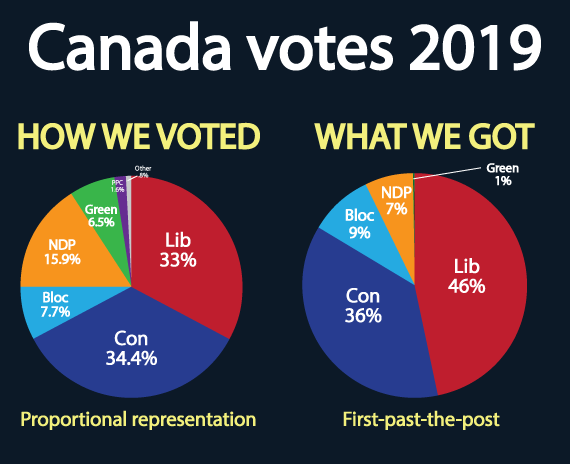The reason the Kitchener Centre by-election was called is because the previous MPP, Laura Mae Lindo, stepped down and one of the challenges she cited was the difficulty of obtaining childcare.
In a presentation this past April to regional council, the Region of Waterloo Community and Children’s Services reported as of February, a total of 7,214 children ages 0 to 4 years were on the waitlist for a licensed child care space in Waterloo Region. The population of Kitchener Centre is about 19.7% of the entire region. (Kitchener Centre’s population, according to 2016 figures, which are the latest available, was 105,260 and the Regional population that same year was 535,154). The government has announced beginning next year that the starting wage for Early Childhood educators employed by operators in the Canada-wide Early Learning and Child Care (CWELCC) system will increase to $23.86/hour.
With the Kitchener Centre by-election this week, CKMS took the opportunity to ask the four front-runner candidates what they think about the state of childcare in the region, the pay rise and, how if elected MPP, they will be able to influence staff hiring and retention?
The four main candidates are Rob Elliott of the Progressive Conservatives, Debbie Chapman of the NDP, Kelly Steiss of the Ontario Liberal party, and Aislinn Clancy of the Ontario Greens. Three attempts over 10 days were made to contact the Progressive Conservative candidate Rob Elliot, but we did not hear back from the PCs in time for broadcast.
In response to our question, Aislinn Clancy focused on space and labour. She said that parts of the riding are a childcare desert, and Clancy believes more can be done to incentivise underused buildings such as community centres and churches, to develop childcare centres. Clancy also focused on bringing more respect to the profession of early childhood education and in doing so, continue to increase their pay.
Debbie Chapman said that she would like to see free childcare. She also noted that ten dollar a day care is great, but the waiting lists are very long and that puts parents in difficult situations.
Kelly Steiss noted that even though there is 10$ /day childcare, there aren’t enough workers to keep the system going. She was disappointed it took the Ontario government so long to sign on to the federal agreement. Steiss said early childhood educators do important work and paying them well is an investment in our future. She also noted that $23.86 is a good place to start in relations with these workers.
This is one in a series of shows about the Kitchener Centre by-election in which we ask candidates some of the lesser-asked questions that are important to our community.

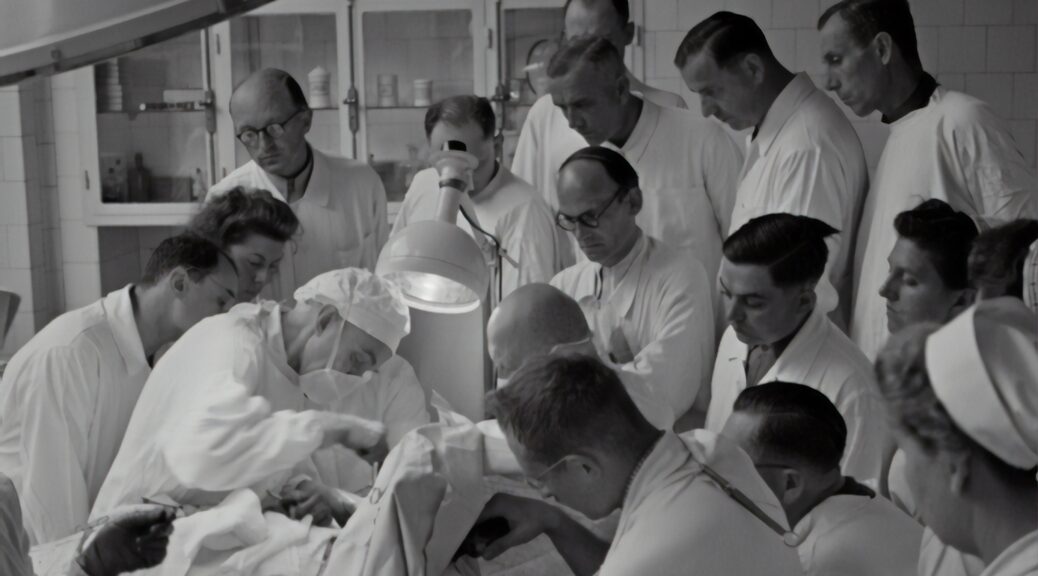



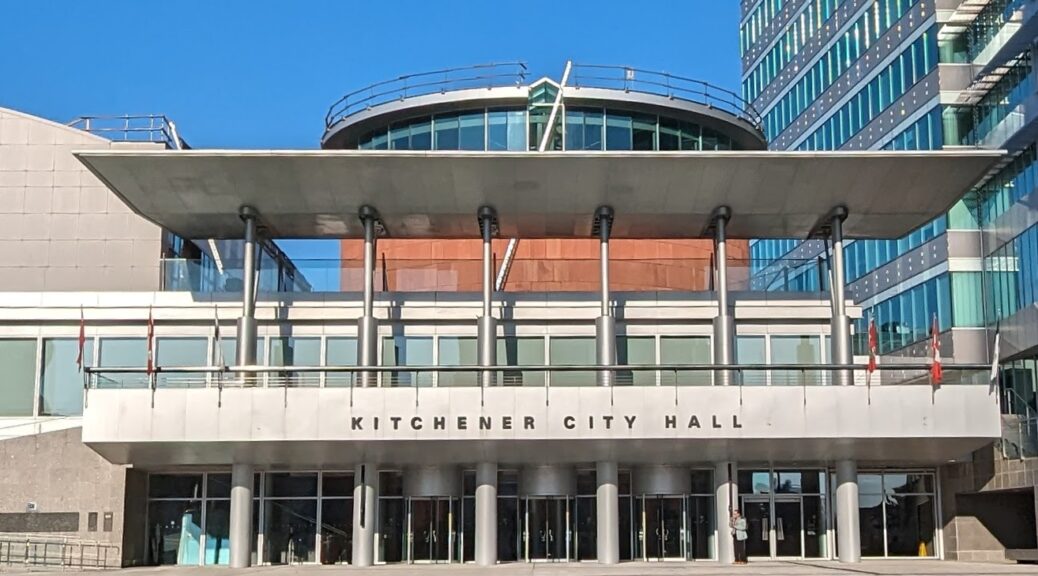









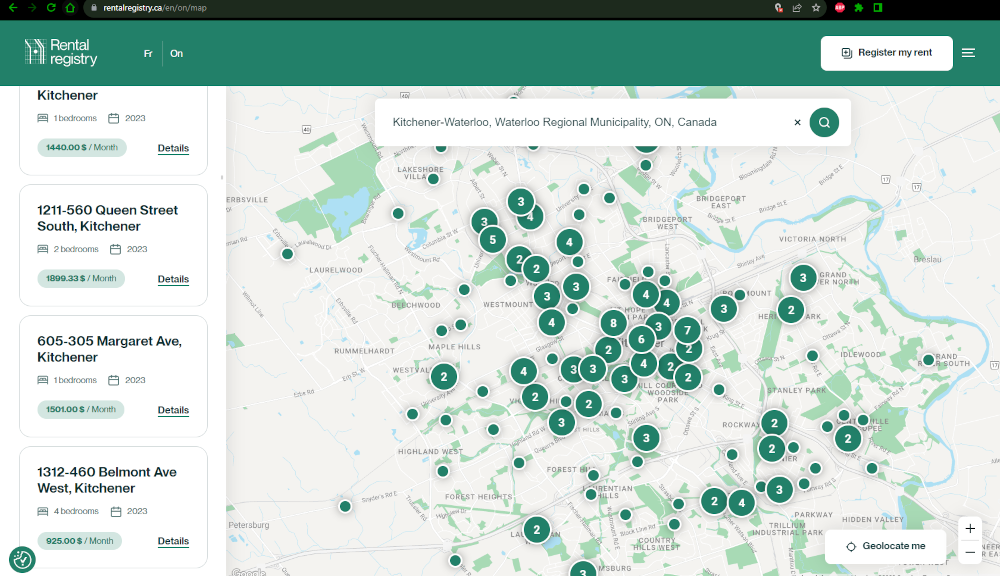

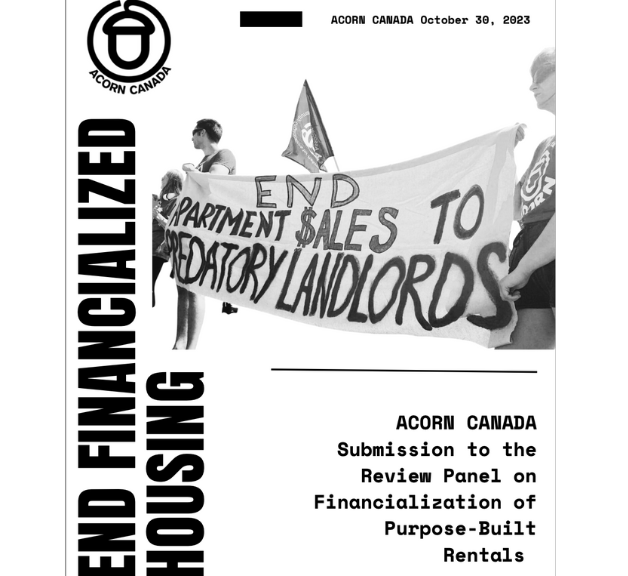

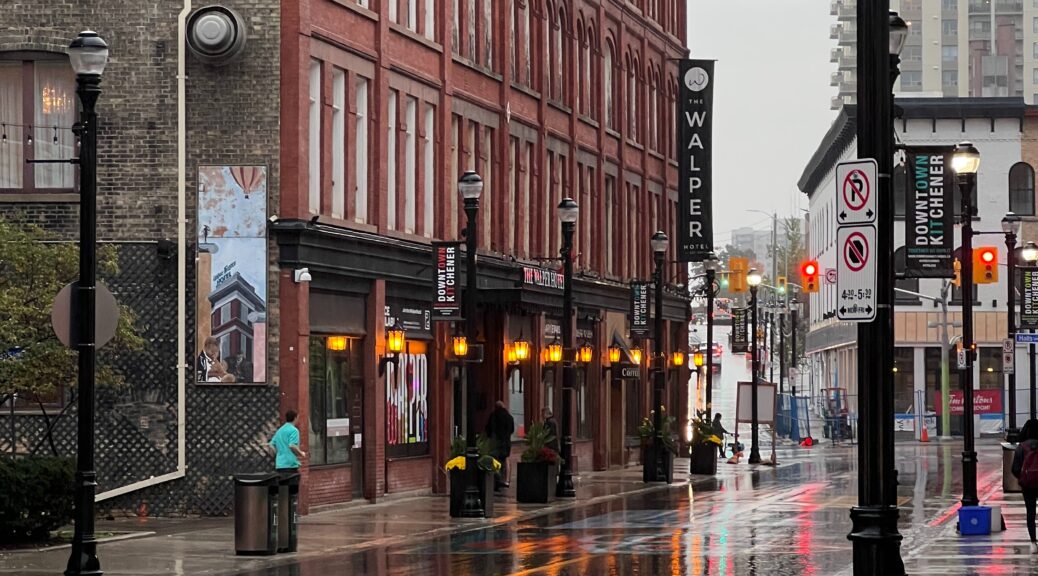








 Subscribe to the CKMS Community Connections podcast!
Subscribe to the CKMS Community Connections podcast! Creative Commons Attribution Only
Creative Commons Attribution Only

